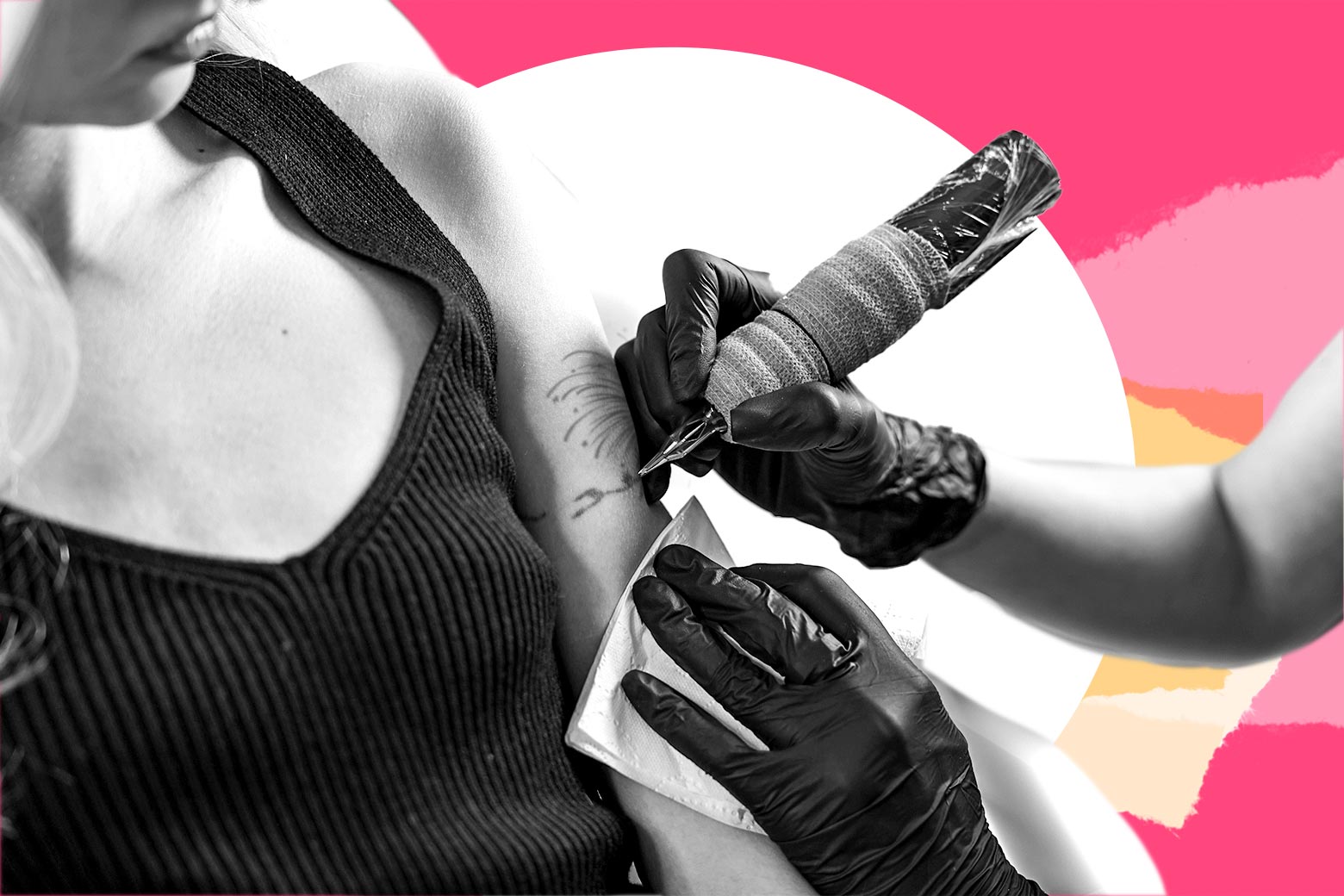
"First of all, I'm so sorry that your family and daughter went through something so deeply traumatizing. The thing about experiences that emotionally damage an entire group of people at once is that everyone has to deal with it differently. I understand how reminders of this horrific day cause you tremendous pain. And I see how, for that reason, you'd be squarely against having someone you love tattoo such a reminder on their body where you can never not see it."
"But as a parent it was so difficult to see my child in so much pain, to feel and see her struggle, and to know that she almost died that I went to therapy for PTSD. My issue is that now she wants to get a firework tattoo in a visible location as a way of displaying what she overcame and how strong she is. I feel that the tattoo will be a constant reminder of what happened. She's 19 and can do what she wants but is asking for my permission."
A 19-year-old woman survived a near-fatal Fourth of July firework accident that her entire family witnessed. The event left the parent traumatized, causing ongoing emotional pain and treatment for PTSD. The daughter wants a visible firework tattoo to commemorate survival and display personal bravery, and she is asking her parent's permission. The parent fears the tattoo will be a constant reminder of the injury and prefers a different symbol reflecting strength. Responses to shared traumatic events vary among family members, and reminders of the incident can impede some people's recovery while empowering others. This creates a conflict between honoring the survivor's autonomy and protecting family members from renewed trauma.
Read at Slate Magazine
Unable to calculate read time
Collection
[
|
...
]